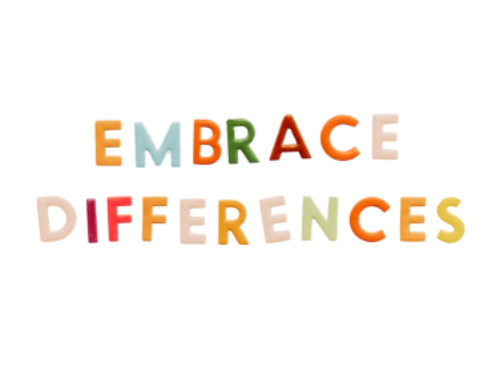Asking for feedback – The Strength You Have Been Looking For

I have been coaching a CEO recently who wants to use feedback to help him continue to develop as a leader. I find it inspiring that such senior and experienced people retain the humility and commitment for self-improvement when others already see they have reached the pinnacle. This contrast prompted me to reflect on how we best think about feedback and ask for feedback for it to really add value…
- It starts with how we think about our development. The day we think we have learnt it all is the day we start to go downhill. However successful, experienced or senior we become none of us is perfect and we all have something to learn. The act of asking for feedback and showing commitment to learning is even more valuable when we near the top of the pile: our actions impact on more people (so best get it right) and the message we send is all the more powerful.
- Where did the notion come from that feedback should be anonymous? Feedback is personal so it is far more useful when we know who said what. In my experience when people apportion anonymous feedback to specific respondents (‘I know who said that’) 9 times out of 10 they get it wrong.
- We fear that if people have to put their name to their feedback they might not tell us the unvarnished truth. Maybe that is the case – so we need to respond positively to all feedback and build peoples’ confidence they can be honest with us. Welcome the most challenging feedback with curiosity to try to understand where it comes from. If we get defensive or justify our behavior they are unlikely to speak up next time.
- Get the balance right to understand ‘What am I doing well, what must I not change?’ alongside ‘What can I pay attention to, that will help us do great work?’ Not only will you get more insight, you will also help people feel confident to point out your fallabilities if they have voiced your strengths.
- Ask a range of people for their opinions but don’t expect people to agree. Too often I hear leaders are perplexed by the apparent contradictions ‘He said this but she said that – who do I believe’? The answer is they are both right. They have different expectations and priorities so it is inevitable they will have different points of view about our leadership. We need the flexibility to adapt our leadership for different people at different times.
- The richest source of insight comes when we have the courage to discuss our feedback with our diverse feedback group. Identify the key questions you want to address and invite people to share their insights and ideas together. Teams that do this benefit hugely as they learn as much about each other as you do about yourself.
Finally, powerful feedback thrives on good relationships. My wife can point out my flaws and I will try to be open to respond positively. People I have less respect for can make the gentlest of slights and I will reject it comprehensively! If you want to improve the quality of the feedback you are given and ensure colleagues are prepared to be honest about your strengths and challenges – invest in getting to know them better and the quality of the relationships.
Enjoy asking for your feedback and the transformation conversations you will ignite! If you want to discuss ways maximising the benefit of feedback for you or your colleagues, I would love to hear from you.
Has this article sparked any thoughts that you want to take further? Please get in contact with us so that we can talk in more detail about how we can help you with your leadership!



